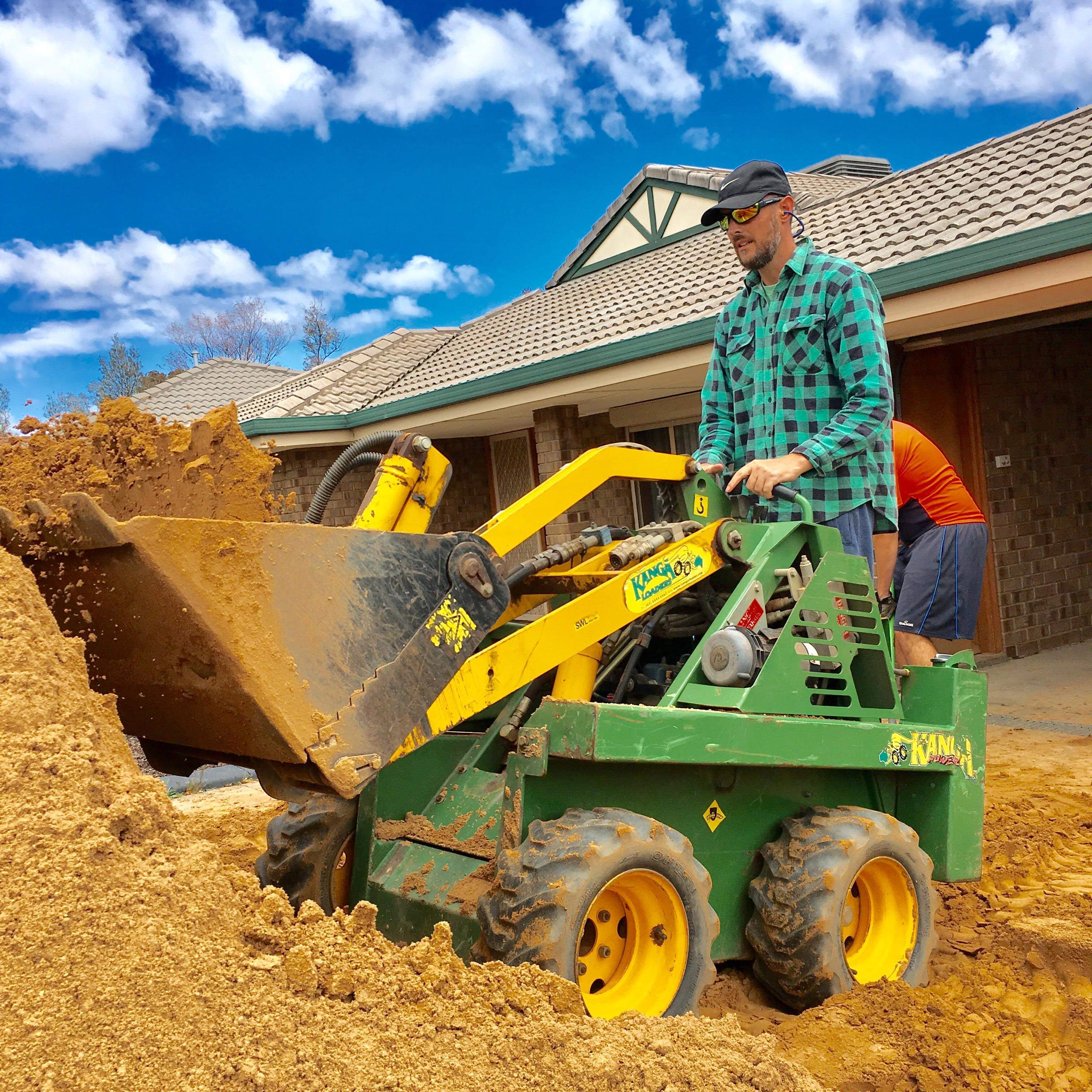The Importance of Healthy Soil for a Thriving Garden
- Kristien Palmer

- Jul 11, 2025
- 4 min read
Updated: Aug 4, 2025
When it comes to gardening, many enthusiasts focus on the plants themselves. However, the real foundation of a healthy and vibrant garden lies beneath the surface—in the soil. Healthy soil serves as the backbone for flourishing plant life, providing necessary nutrients, drainage, and a habitat for beneficial organisms. In this blog post, we will delve into the significance of healthy soil, explore expert insights, and offer practical tips on improving soil quality. Whether you are a seasoned gardener or a homeowner in the Adelaide metro region looking to nurture your garden, these insights will enhance your gardening experience.
The Importance of Healthy Soil
Soil is more than just dirt. It is a complex ecosystem teeming with life, including bacteria, fungi, worms, and insects. These organisms play a crucial role in breaking down organic material, holding moisture, and ensuring that nutrients are available to plants. According to the Soil Science Society of America, healthy soil can retain up to 25% of its weight in water, which is essential for plant growth and health.
Plants rely on soil for support and nutrition. When soil is rich in organic matter, it provides an ideal environment for roots to grow, allowing plants to access nutrients and water effectively. Conversely, poor soil conditions can lead to stunted growth, disease, and a poor yield.

Signs of Healthy Soil
Recognizing the signs of healthy soil can help gardeners assess their garden's condition effectively. Here are four indicators of good soil health:
Smell: Healthy soil has a pleasant, earthy aroma. A lack of odor or a foul smell can indicate contamination or the presence of pathogens.
Texture: Soil should feel crumbly and not too compacted. The right balance between clay, sand, and silt contributes to a well-structured soil.
Colour: Dark, rich soil often indicates high organic matter content, which is beneficial for plant growth.
Diversity of Life: A healthy soil ecosystem supports a variety of organisms, such as earthworms and beneficial insects, which contribute to soil fertility.
Gardening is a science, and understanding these soil indicators can empower you to make informed decisions about your garden's health.
Enhancing Soil Quality
Improving soil quality is an achievable goal, and various strategies can be employed to enhance your garden's foundation. Here are some expert-recommended tips:
1. Test Your Soil
Start by conducting a soil test to determine its pH and nutrient levels. Home testing kits are widely available and can reveal important information about your soil composition. Depending on the results, you may need to add amendments to balance your soil.
2. Add Organic Matter
Incorporating organic matter, such as compost or well-rotted manure, can improve soil structure and fertility. Organic matter acts as a sponge, enhancing moisture retention while providing essential nutrients as it decomposes.
3. Practice Crop Rotation
If you are growing vegetables, implementing crop rotation can help prevent soil depletion and reduce the risk of disease. Rotating crops ensures that nutrients are utilized efficiently and allows soil to recover between planting seasons.
4. Cover Crops
Planting cover crops during the off-season can prevent soil erosion and improve soil health. Crops such as clover or rye can add nutrients, suppress weeds, and promote beneficial microorganisms in the soil.

5. Minimize Soil Disturbance
Tilling and frequent soil disturbance can disrupt soil structure and harm beneficial organisms. Embrace no-till gardening methods, which involve adding organic matter to the soil's surface instead of turning it over.
Local Expertise with EarthUp Garden and Home Maintenance
If you are looking for professional help with your gardening efforts, consider reaching out to EarthUp Garden and Home Maintenance. With expertise in soil health and sustainable gardening practices, their team can provide tailored solutions to enhance your garden's potential. Their services range from soil assessments to creating custom garden designs, ensuring your space thrives.
By collaborating with local experts, you can gain insights tailored specifically to the Adelaide climate and soil conditions, setting your garden up for success. Explore the variety of services offered by EarthUp Garden and Home Maintenance today!
The Impact of Healthy Soil on Plant Growth
Ensuring your garden has a solid foundation of healthy soil translates directly to better plant health and productivity. Healthy plants possess stronger root systems, improve disease resistance, and yield better harvests. Statistics show that gardens with rich, well-maintained soil can produce 20-25% more fruits and vegetables compared to those with poorer soil conditions.
Moreover, healthy soil contributes to sustainability. Good soil management practices can reduce the need for chemical fertilizers and pesticides, creating a more environmentally friendly garden. By nurturing the soil, gardeners can cultivate a thriving ecosystem that sustains both plants and the environment.

Taking the Next Steps
Improving your garden's soil is an ongoing process, but the benefits you reap will be worthwhile. Begin by assessing your current soil health, implementing recommended practices, and seeking expert advice when needed. Remember that healthy soil is synonymous with healthy plants, leading to a vibrant, productive garden.
In the Adelaide metro region, you have the unique opportunity to connect with local gardening professionals who understand the specific needs of the environment. EarthUp Garden and Home Maintenance is committed to helping gardening enthusiasts like you thrive.
For those who truly wish to nurture their gardens, focus on enhancing your soil health. It's the secret ingredient that can elevate your gardening experience and unlock the potential of your plants.
Happy gardening!




Comments